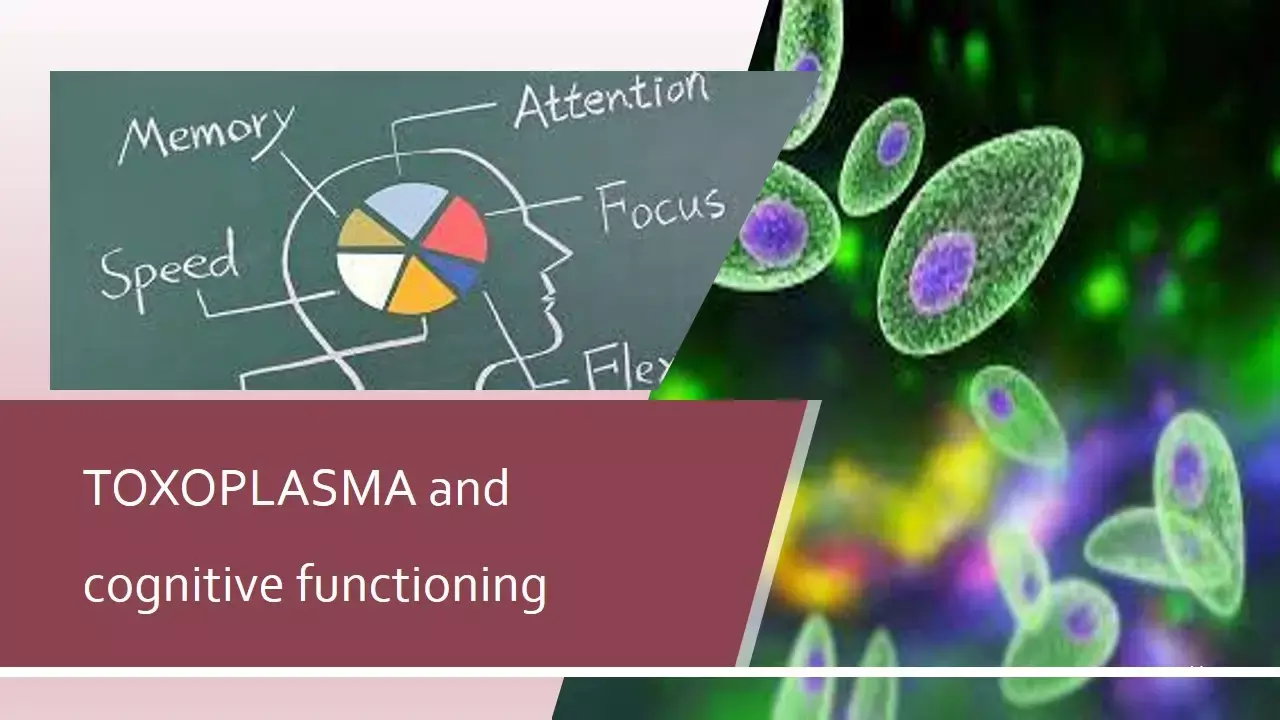- Home
- Medical news & Guidelines
- Anesthesiology
- Cardiology and CTVS
- Critical Care
- Dentistry
- Dermatology
- Diabetes and Endocrinology
- ENT
- Gastroenterology
- Medicine
- Nephrology
- Neurology
- Obstretics-Gynaecology
- Oncology
- Ophthalmology
- Orthopaedics
- Pediatrics-Neonatology
- Psychiatry
- Pulmonology
- Radiology
- Surgery
- Urology
- Laboratory Medicine
- Diet
- Nursing
- Paramedical
- Physiotherapy
- Health news
- Fact Check
- Bone Health Fact Check
- Brain Health Fact Check
- Cancer Related Fact Check
- Child Care Fact Check
- Dental and oral health fact check
- Diabetes and metabolic health fact check
- Diet and Nutrition Fact Check
- Eye and ENT Care Fact Check
- Fitness fact check
- Gut health fact check
- Heart health fact check
- Kidney health fact check
- Medical education fact check
- Men's health fact check
- Respiratory fact check
- Skin and hair care fact check
- Vaccine and Immunization fact check
- Women's health fact check
- AYUSH
- State News
- Andaman and Nicobar Islands
- Andhra Pradesh
- Arunachal Pradesh
- Assam
- Bihar
- Chandigarh
- Chattisgarh
- Dadra and Nagar Haveli
- Daman and Diu
- Delhi
- Goa
- Gujarat
- Haryana
- Himachal Pradesh
- Jammu & Kashmir
- Jharkhand
- Karnataka
- Kerala
- Ladakh
- Lakshadweep
- Madhya Pradesh
- Maharashtra
- Manipur
- Meghalaya
- Mizoram
- Nagaland
- Odisha
- Puducherry
- Punjab
- Rajasthan
- Sikkim
- Tamil Nadu
- Telangana
- Tripura
- Uttar Pradesh
- Uttrakhand
- West Bengal
- Medical Education
- Industry
JAMA study links toxoplasma seropositivity with impaired cognition

Some studies have shown the association of parasite Toxoplasma gondii with behavioral alterations and psychiatric disorders. A recent meta-analysis from 13 studies conducted by Haan et al affirms this association in all analyzed cognitive domains like processing speed, working memory, short-term verbal memory, and executive functioning. The findings, which were published in JAMA Psychiatry this week, suggest that because of the high global prevalence of T gondii infection, the consequences of these associated cognitive impairments for global mental health could be substantial.
Hosts acquire toxoplasmosis by ingesting oocysts or cysts of the parasite via contaminated water or food. The T gondii parasite is able to permeate the blood-brain barrier and can settle as a quiescent infection in muscle, brain, and liver tissue.
Several observational studies have reported neurocognitive changes associated with toxoplasmosis in humans; however, effect sizes and directions varied. Therefore, the authors conducted a systematic review and meta-analysis to examine whether T gondii seropositivity was associated with alterations in cognitive function among otherwise healthy people.
13 studies comprising 13 289 healthy participants with and without T gondii seropositivity were included in the meta-analysis. Participants without T gondii seropositivity had favorable functioning in 4 cognitive domains:
1. Processing speed
2. Working memory
3. Short-term verbal memory
4. Executive functioning
A meta-regression analysis found a significant association between older age and executive functioning. Although the extent of the associations was modest, the ubiquitous prevalence of the quiescent infection worldwide (approximately 30%) suggests that the consequences for cognitive function of the population as a whole may be substantial, although it is difficult to quantify the global impact.
Furthermore, a recent meta-analysis found a marginally significant association between T gondii seroprevalence and Alzheimer disease. (1)
Based on the present findings and those of previous meta-analyses examining the association of T gondii seropositivity with motor vehicle crashes, suicide attempts, and the prevalence of psychiatric disorders, public health programs to prevent T gondii infection are warranted.
These programs might, at a minimum, consist of hygienic measures, especially after human contact with contaminated sources. Hygienic measures are often already undertaken to prevent other infectious diseases. However, these measures are not sufficient to prevent quiescent T gondii infection. It may be wise to consider further research into the development of a vaccine against infection with T gondii in either humans or felids.
Source: JAMA Psychiatry: doi:10.1001/jamapsychiatry.2021.1590
Reference: 1. Bayani M, Riahi SM, Bazrafshan N, Gamble HR, Rostami A. Toxoplasma gondii infection and risk of Parkinson and Alzheimer diseases: a systematic review and meta-analysis on observational studies. Acta Trop. 2019;196:165-171.
M.B.B.S, M.D. Psychiatry
M.B.B.S, M.D. Psychiatry (Teerthanker Mahavir University, U.P.) Currently working as Senior Resident in Department of Psychiatry, Institute of Human Behaviour and Allied Sciences (IHBAS) Dilshad Garden, New Delhi. Actively involved in various research activities of the department.
Dr Kamal Kant Kohli-MBBS, DTCD- a chest specialist with more than 30 years of practice and a flair for writing clinical articles, Dr Kamal Kant Kohli joined Medical Dialogues as a Chief Editor of Medical News. Besides writing articles, as an editor, he proofreads and verifies all the medical content published on Medical Dialogues including those coming from journals, studies,medical conferences,guidelines etc. Email: drkohli@medicaldialogues.in. Contact no. 011-43720751


